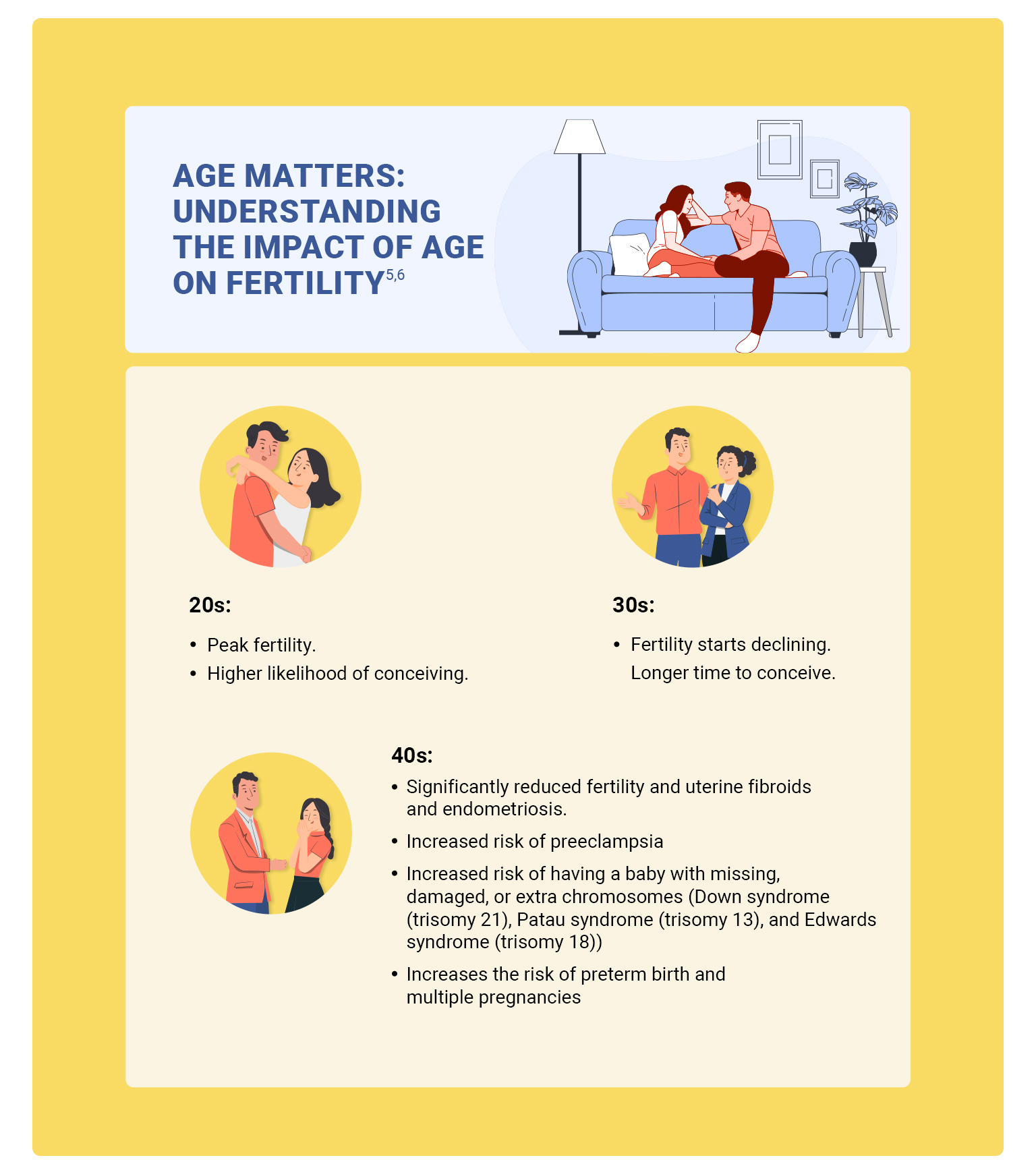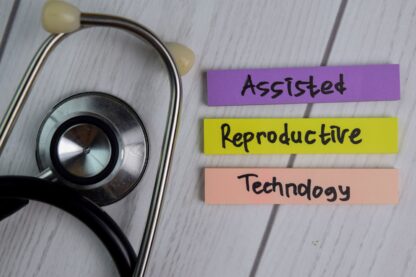Navigating Common Fertility Treatments and Medications
3 min read
Unlocking Fertility: Understanding Common Treatments and Medications
Once a woman is diagnosed with infertility, the overall likelihood for successful treatment is 50%. Whether a treatment is successful depends on:
- The underlying cause of the problem
- The woman's age
- Her history of previous pregnancies
- How long she has had infertility issues
- The presence or absence of male factor infertility
Fertility treatments are most likely to benefit women whose infertility is due to problems with ovulation. Treatment with medications is least likely to benefit infertility caused by damage to the fallopian tubes or severe endometriosis, although in vitro fertilization can help women with these conditions to conceive.1
Treatment for men2
Men's treatment for general sexual problems or a lack of healthy sperm may include:
• Lifestyle changes
Health care team may recommend that you take the following steps. Have sex more often and closer to the time of ovulation. Get regular exercise. Drink less alcohol or give up harmful substances such as tobacco. Stop taking medicines that can affect fertility, but only if your health care team tells you to.
• Medicines
To improve sperm count and boost the chances of a successful pregnancy. These prescription drugs may help the testicles function better too.
• Surgery
Sometimes, surgery may be able to reverse a sperm blockage and restore fertility. In other cases, repairing a large varicocele may improve the overall chances for pregnancy.
• Sperm retrieval procedures
These techniques can collect sperm if you can't ejaculate, or if no sperm is in your semen. Sperm retrieval procedures also may be used when assisted reproductive techniques are planned and sperm counts are low or irregular.
Treatment for women2
Some women need only one or two treatments to improve fertility. Others may need a few types of therapies to become pregnant.
• Fertility medicines
These are the main treatments for infertility that's due to ovulation trouble. They can help the ovaries release an egg if ovulation is irregular or stops happening. Talk with your health care team about your options. Ask about the benefits and risks of each type of fertility medicine.
• Intrauterine insemination (IUI)
With IUI, healthy sperm are placed directly in the uterus around the time that the ovary releases one or more eggs to be fertilized. Depending on the reasons for infertility, IUI can be timed with your menstrual cycle or with the use of fertility medicines. Your partner or a donor provides the sperm.
• Surgery to restore fertility
Some conditions of the uterus can be treated with hysteroscopy. These include polyps, scar tissue and some fibroids. Laparoscopic surgery with small cuts or traditional surgery with a large cut in the stomach area may be needed to treat conditions such as endometriosis, pelvic adhesions and larger fibroids.
What are common fertility treatments?3
Some couples need more help conceiving using assisted reproductive technology (ART). ART is any fertility treatment that involves a healthcare provider handling the sperm or egg. To increase pregnancy odds, you can take medications to stimulate ovulation before trying one of these options:
• In vitro fertilization (IVF)
IVF involves retrieving eggs from your ovary, then placing them with sperm in a lab dish. The sperm fertilizes the eggs. A provider transfers one to three of the fertilized eggs (embryos) into your uterus.
• Intracytoplasmic sperm injection (ICSI)
This procedure may be performed during the IVF process. An embryologist injects a single sperm directly into each egg. Then, a provider transfers one to three of the embryos into your uterus.
• Intrauterine insemination (IUI)
A healthcare provider uses a long, thin tube to place sperm directly into your uterus. IUI is sometimes called artificial insemination.
• Assisted hatching
A process that involves opening the outer layer of an embryo to make it easier for it to implant in your uterine lining.
• Third-party ART
Couples may use donor eggs, donor sperm or donor embryos. Some couples need a gestational carrier or surrogate.
Boost Your Fertility: 7 Nutrition and Lifestyle Choices for a Healthy Conception4

Stay at a healthy weight
1

Prevent sexually transmitted infections
2

Get adequate sleep
3

Manage stress
4

Quit smoking
5

Limit alcohol and caffeine
6

Don't exercise too hard or too long
7




